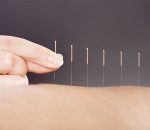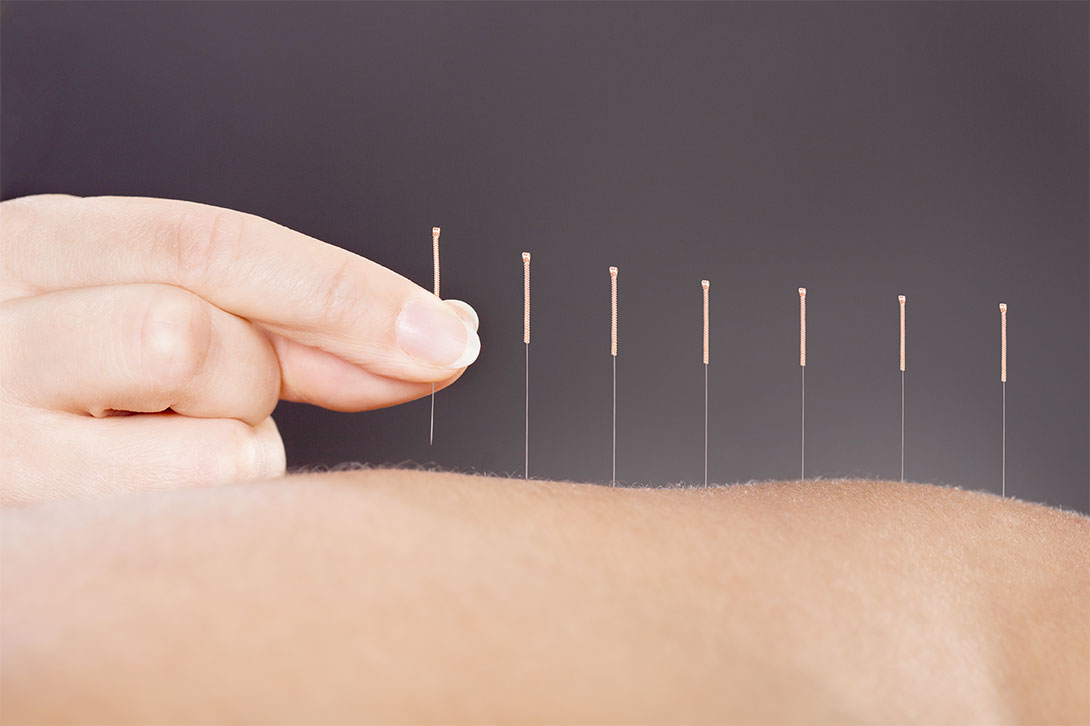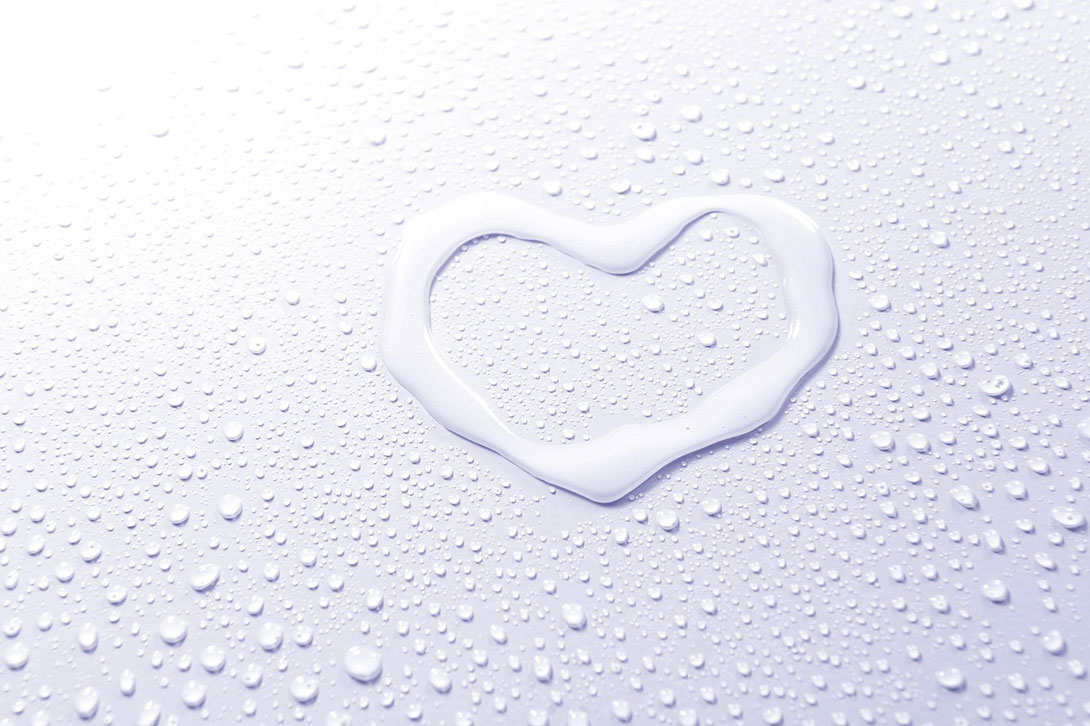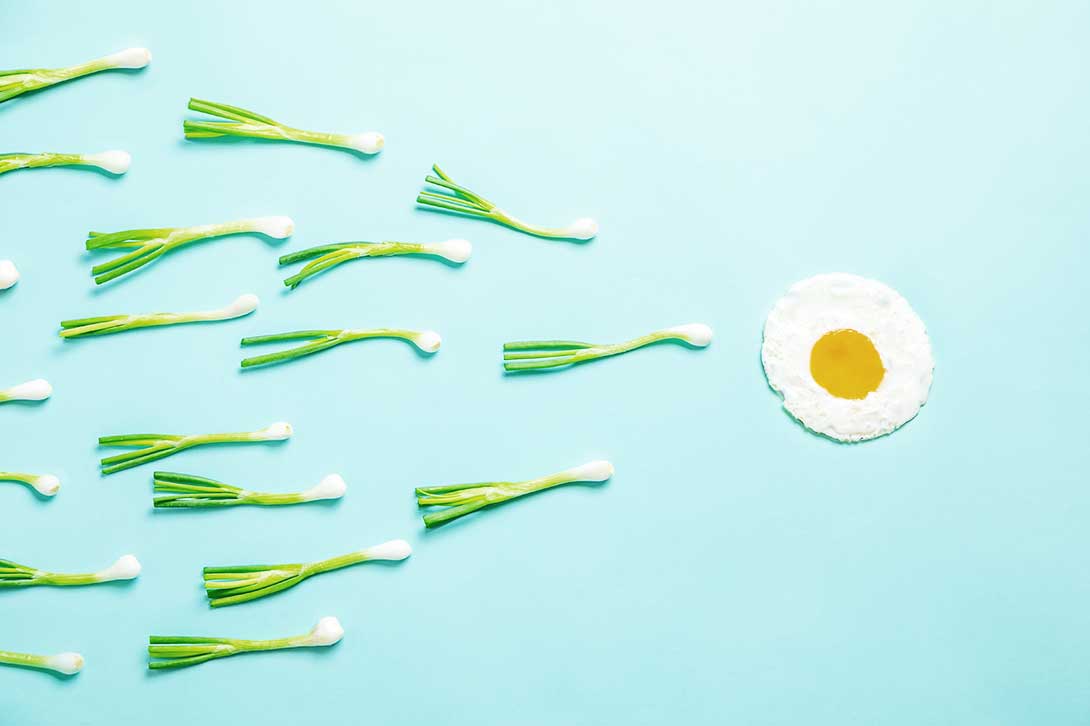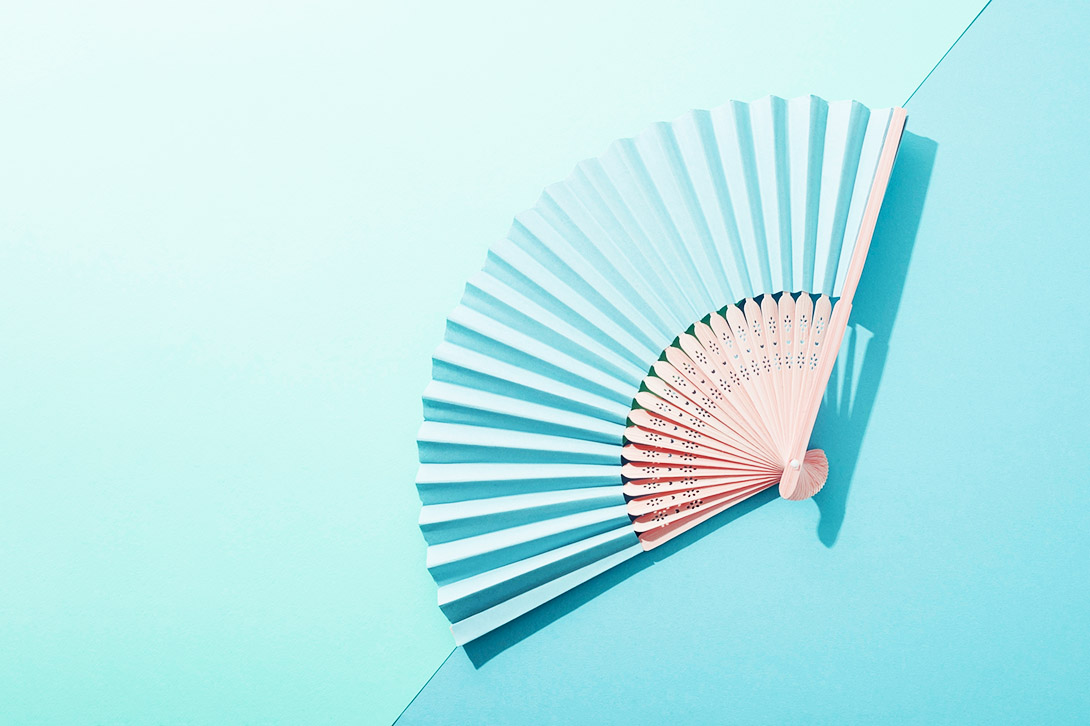iCANThrive
Helping improve your emotional, social and mental wellbeing
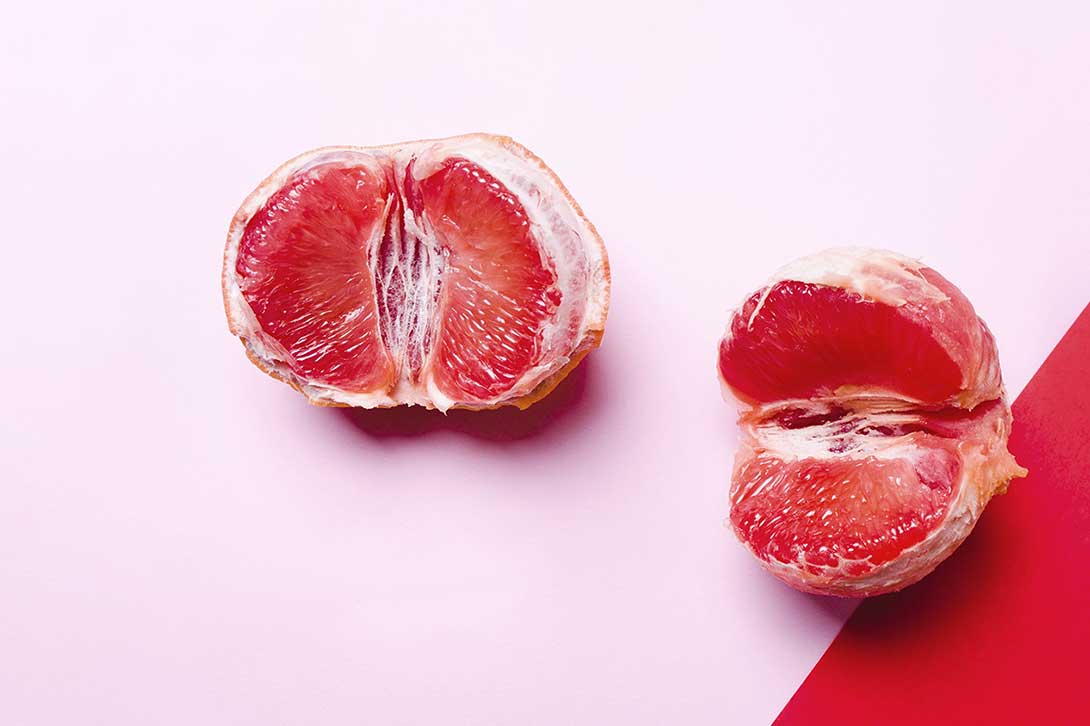
Dry vagina
There’s one side effect of cancer treatment that many women experience but don’t often discuss. It’s an itchy, burning, dry sensation ‘down there’ that can leave you feeling confused and uncomfortable. This is what’s known as, a dry vagina.
So what causes a dry vagina? A dry vagina is a symptom of what’s known as ‘fake’ or temporary menopause brought on by cancer treatments. It’s a side effect also experienced by those in medical or surgical menopause.
A leading expert in cancer treatment Dr Kristen E Rojas explains the cause and effect of this scarcely talked about symptom of cancer treatment.
“Ovaries make oestrogen, and menopause occurs when the ovaries stop producing oestrogen. Cancer-treating medications can block the formation of oestrogen in the ovaries, which puts patients into what is called a ‘super’ or ‘fake’ menopause. The side effects are increased dryness and decreased lubrication. There is also less elasticity in the vagina. Along with those changes, you can be more susceptible to infections like Candida and Gardnerella, as well as bladder infections,” Dr Rojas explains.
You’re not the only one
Information about treatment side-effects such as a dry vagina is not generally readily available. So while you might be coming to terms with a cancer diagnosis and enduring treatment, you may also be coping with vaginal discomfort or pain and feeling uncomfortable talking about it. You may think that you’re ‘the only one’ because no one has mentioned it, causing further feelings of isolation and depression.
Jessica, 33, was diagnosed with triple-negative breast cancer (cancer that is not fuelled by oestrogen and progesterone or by the HER2 protein) at the age of 29.
She wishes she’d been given a list of side effects, such as dry vagina, at the start of her chemotherapy treatment, along with some advice on how she could manage them.
“I had a surgeon for my breast reconstruction, an oncologist for the chemotherapy treatment, and a breast care nurse, who I felt was more focused on women with families. I was too shy to ask her about being itchy ‘down there’. I searched Google and couldn’t find anything. My oncologist did tell me that I’d most likely go through menopause brought on by the drugs, but that is the extent of the conversation. In hindsight, I should have probed my oncologist a lot further, but how was I to know?” Jessica says.
Jessica eventually put aside her awkwardness to tell the breast care nurse what she was experiencing and met with a more than positive response.
“She said, ‘Oh yes! You have a dry vagina! Everyone gets that! This is what you’ll need to do…’ My first thought was: well, why didn’t you tell me all this in the first place,” she recalls.
Quick and easy solutions to vaginal dryness
Jessica got advice to buy an over the counter silicone-based moisturiser, Replens, used two to three times per week for at least two to three months. Although it has some lubricant qualities, it’s a long-lasting moisturiser that soothes the dry vaginal tissue, doesn’t drip and gives a general feeling of comfort.
“The instructions are super easy to follow, and it worked. I wished I had started this at the beginning of my treatment because the dryness and discomfort could have been avoided,” Jessica notes.
“You will also find that your vagina will start to heal naturally, as well. Don’t use anything else like Vaseline as it can cause a yeast infection. Ask your oncologist and breast care nurse about everything, and don’t hold back.”
Tips and advice for vaginal health
For vaginal health and to get back ‘into the game’, Dr Rojas advises the following:
- Eliminate irritants, don’t use vaginal sprays.
- Do not use ‘feminine wash’, only water.
- Bubble baths are a no-no. Sit in unscented bath salts or use bath oil.
- Avoid spas, jacuzzis, or hot tubs.
- Rethink tight pants and skinny jeans. Wear loose pants.
- Avoid fragrances or additives in detergents.
- Use only chemical-free and unscented tampons, pantyliners and toilet paper.
- No waxing or shaving while the vagina is healing.
- Airtime! Sleep with no undies, and ensure your pubic area has not been left damp after a shower or bath.
Resources
Products
- For a dry vagina, try a silicone-based moisturiser such as Replens Long-Lasting Vaginal Moisturiser.
Further Reading
- Download the information PDF on menopause and cancer from the Australasian Menopause Society.
- Read more on surgical menopause at unwrittenme.blog.
- Understand more about vaginal dryness at breastcancer.org and Women’s Health Concern.
- Read Ticking Off Breast Cancer blog on breast cancer and sex
- Read cancer.org’s article on managing female sexual problems related to cancer.
- Read more on vaginal dryness associated with cancer treatment at the Replens website.
Specialists
- Visit Dr Rodney Baber’s LinkedIn profile.
- Visit the website of Dr Kristen Rojas.
Social media
- See Dr Kristen Rojas on Instagram.
- See @my_menopausal_vagina on Instagram for more information on ‘vaginal atrophy’.
- Read @fanny_mcphee’s post on Instagram about working with hormone symptoms.
- Peri/menopausal doctor @drshahzadiharper on Instagram.
YouTube
- Watch the Pink Hope Aus: Managing Surgical Menopause Post Cancer or Preventative Surgery webinar.
- Watch the DiepC : Sexual Health after Breast Surgery and Breast Cancer Treatment
We would love to know any resources you found helpful which we can share to help others. Please get in contact.

